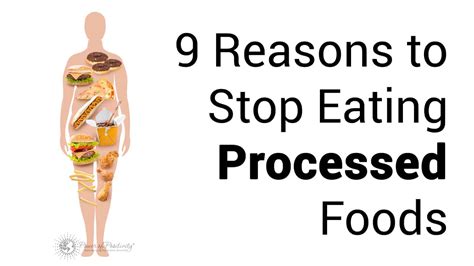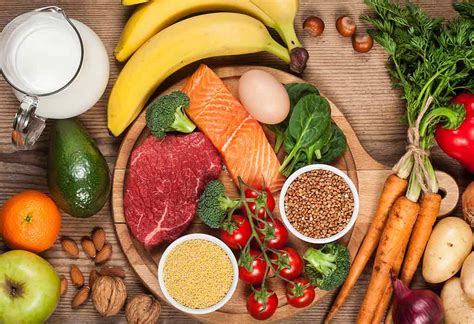In today’s demanding professional landscape, peak cognitive function and unwavering energy are not luxuries; they are necessities. While many factors influence our work performance, diet stands as one of the most foundational, directly impacting brainpower, mood, and physical stamina. Eating optimally isn’t just about feeling good; it’s about strategizing your meals to unlock your full potential and sustain it for hours.
The Pillars of Peak Performance Nutrition
A diet engineered for focus and energy emphasizes stable blood sugar, rich nutrient density, and healthy brain function. It’s a deliberate shift from reactive eating to proactive fueling.
Complex Carbohydrates: The Brain’s Primary Fuel
While often demonized, carbohydrates are crucial for brain function. The key is choosing complex carbohydrates over simple sugars. Complex carbs (like whole grains, oats, brown rice, sweet potatoes, and legumes) provide a steady release of glucose into the bloodstream, offering a consistent energy supply to the brain and preventing the dreaded energy crashes associated with refined sugars. They are rich in fiber, which also aids digestive health and overall well-being.

Healthy Fats: Essential for Brain Function
Your brain is largely made of fat, and specific types are critical for its structure and function. Omega-3 fatty acids, found in fatty fish (salmon, mackerel), flaxseeds, chia seeds, and walnuts, are vital for cognitive health, memory, and mood regulation. Monounsaturated fats from avocados, olive oil, and nuts also contribute to brain health and provide sustained energy without sharp spikes.
Lean Proteins: Building Blocks for Neurotransmitters
Protein provides the amino acids necessary for synthesizing neurotransmitters like dopamine and norepinephrine, which are essential for alertness, focus, and motivation. Including lean protein sources such as chicken breast, fish, eggs, tofu, lentils, and Greek yogurt in every meal helps maintain stable blood sugar levels, promotes satiety, and supports sustained energy throughout the day.
Vitamins, Minerals, and Antioxidants: The Micronutrient Advantage
Beyond the macronutrients, a spectrum of vitamins and minerals plays a critical role in brain health and energy metabolism. B vitamins (found in leafy greens, whole grains, and lean meats) are crucial for energy production. Antioxidants from colorful fruits and vegetables (berries, spinach, broccoli) protect brain cells from oxidative stress, enhancing cognitive longevity and performance. Magnesium, iron, and zinc also play significant roles in maintaining energy levels and mental clarity.

Hydration: The Often-Overlooked Cognitive Booster
Even mild dehydration can impair cognitive function, leading to fatigue, reduced concentration, and headaches. Water is essential for nutrient transport, waste removal, and maintaining optimal brain function. Make a conscious effort to drink plenty of water throughout the day, perhaps opting for infused water with cucumber or citrus for added flavor without sugar.
What to Limit or Avoid for Sustained Performance
Just as important as what you eat is what you limit. Foods high in refined sugars and highly processed ingredients can lead to energy crashes, brain fog, and inflammation. Excessive caffeine, while offering a temporary boost, can lead to anxiety and disrupt sleep, ultimately hindering long-term focus. Over-reliance on processed snacks, fast food, and sugary drinks will consistently undermine your efforts to maintain peak performance.

Practical Strategies for Fueling Your Workday
Implementing a performance-enhancing diet doesn’t have to be complicated. Start with small, sustainable changes:
- Balanced Breakfast: Begin your day with a mix of complex carbs, protein, and healthy fats (e.g., oatmeal with berries and nuts, eggs with whole-wheat toast and avocado).
- Smart Snacking: Opt for brain-friendly snacks like a handful of almonds, an apple with peanut butter, or Greek yogurt.
- Planned Lunches: Prepare lunches with lean protein, ample vegetables, and a complex carb to avoid the afternoon slump.
- Mindful Eating: Pay attention to hunger and fullness cues, and avoid eating at your desk to give your brain a break.
- Consistency: Regular meal times help stabilize blood sugar and energy levels.

Ultimately, a diet designed for sharp focus and sustained energy is a holistic approach to nutrition. It’s about nourishing your body and brain with nutrient-dense foods, maintaining consistent energy levels, and avoiding dietary pitfalls that hinder performance. By making conscious food choices, you invest directly in your cognitive abilities, productivity, and overall well-being, paving the way for consistent peak work performance.





